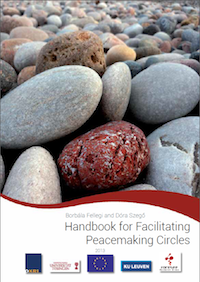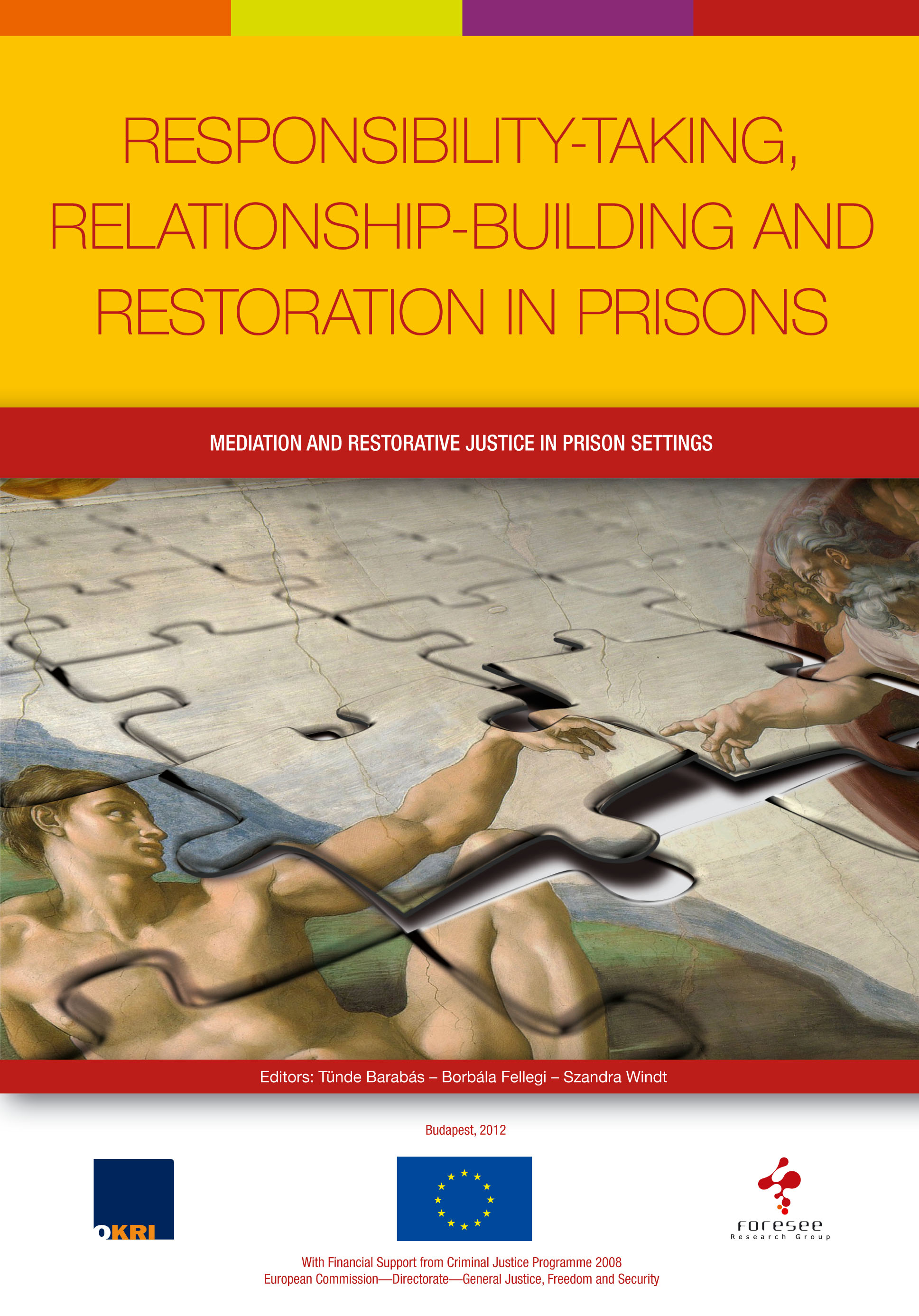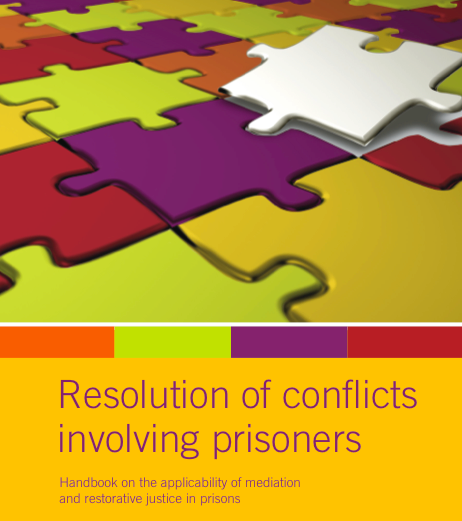Anna, my 5-and-half-year-old daughter spent a night at Magda, Anna’s 7-year-old best friend. After a pleasant evening, dinner and a bath, once Magda’s mother started to read a story for them, Magda started to cry. No one understood why she was crying and no one could calm her down. Anna asked her to stop, but Magda could not. Anna really wanted to sleep, so she went to another room, then she came back, then she left again, then she came back again and said to Magda: ’I might not sleep at your place in the future’. Finally, they both managed to fall asleep in the same room.
The next morning both girls woke up in a smiling mood and they were playing ’autumn’ games in the garden together.
When Anna told us this story the next day, I asked her what could have been the problem. Anna replied that Magda might have been sad for Anna because she wanted to hear a different tale than Magda. She told us again that – although all in all she felt good during the visit – she might not want to sleep there in the future, because Magda was not kind to her.
That same day an email was waiting Anna in my mailbox:
’Dear Anna,
I am writing this letter to you to tell you not to be sad because of what had happened yesterday. And please, come and sleep here again in the future.
Unfortunately, I was very sad that evening and I could not change it. I thought that my mum was angry with me. But I wasn’t sad because of you; I don’t really know why I was like that. I promise that next time when we sleep together, I will pay more attention to you.
I have a new princess-story book. I hope we can read it together soon.
Wish you happy autumn-play!
Magda’
The same day, Anna dictated the following email to Magda:
’Dear Magda,
No problem. I am happy to sleep at your place in the future.
Lots of kisses,
Anna’
This short story tells to me how spontaneously children are able to communicate in a ’restorative’ way (and how difficult it might become as we are growing up), namely:
- recognising and articulating our own needs;
- listening the needs of the other person;
- offering space for each other for responsibility-taking, apologising and forgiveness;
- recognising that we are interconnected, even when a conflict occurs between us as well as when we try to put things right and restore our relationship.
These are the principles towards which I try to empower my children each day. And I respect them for their clear communication – even when it is sometimes hard to face their genuine honesty.
These principles are exactly the ones guiding me while doing my work based on the restorative approach – when I try to help people to restore their broken relationship and to make them experience the ’gift’ they can give to each other if they are able to openly talk about what was the hardest thing for them and they are able to listen and hear what the other is feeling and saying.













